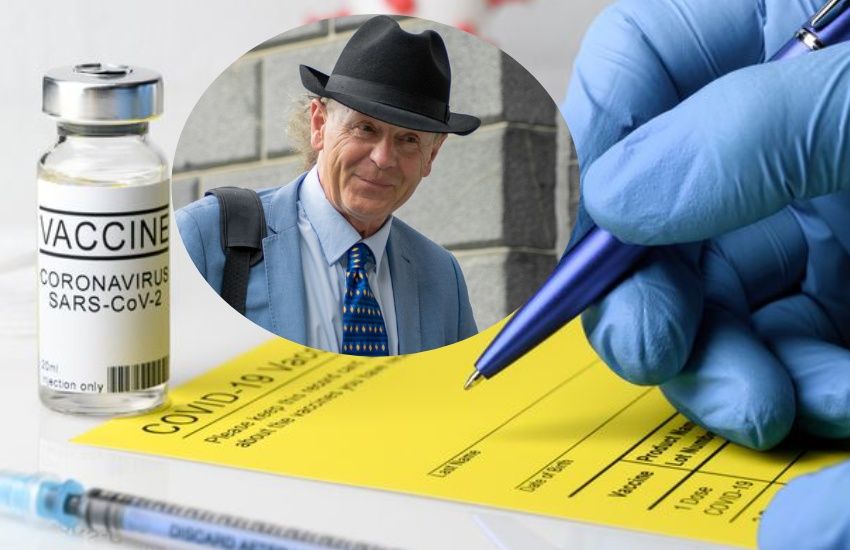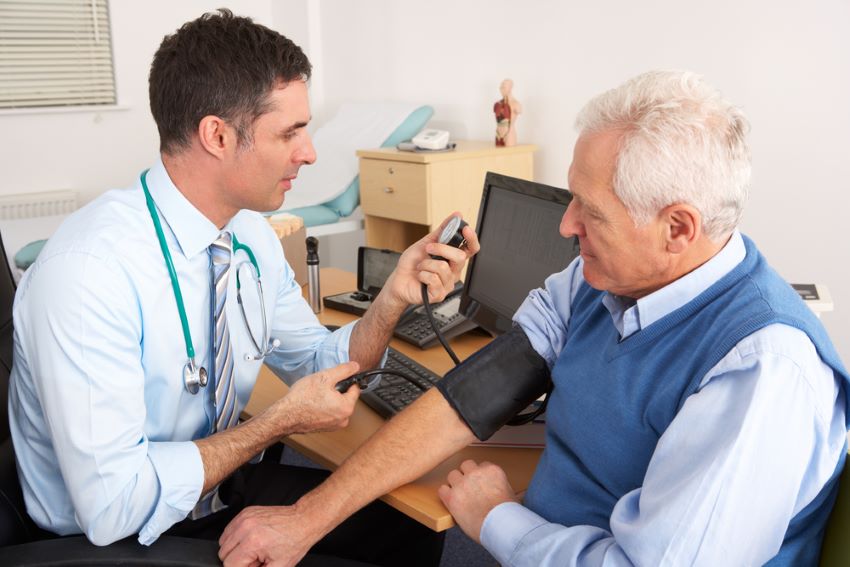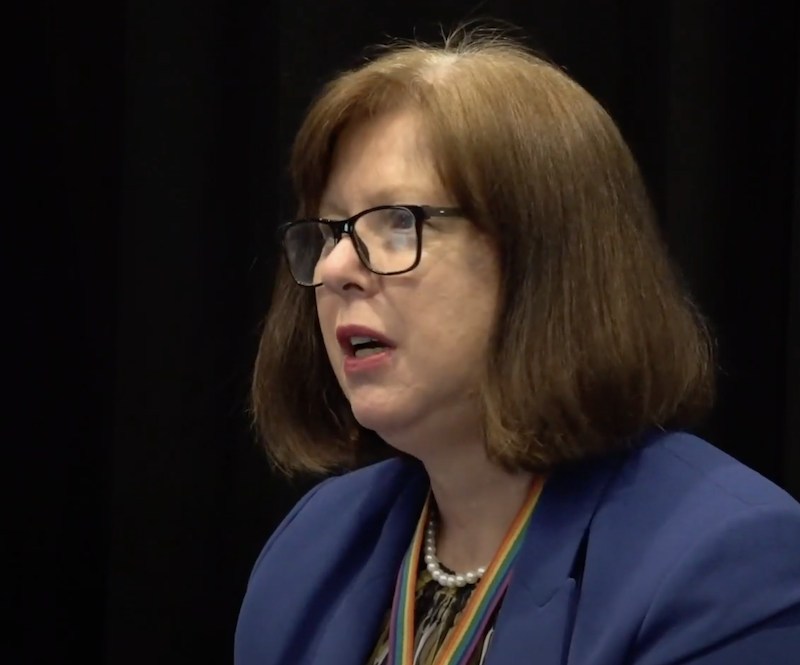


It is estimated that fewer than 10 people have visited the accident and emergency department with side effects of the covid-19 vaccine since the island’s vaccine programme started in December 2020.
Separately, the Princess Elizabeth Hospital has submitted nine ‘yellow cards’ reporting side effects or adverse reactions occurring at some point after vaccination.
But one physician has recently reported seeing 27 cases of what he or she considers to be likely side effects of the vaccine. These cases are in addition to the nine yellow cards submitted by the Hospital.
It is not yet clear whether the physician has submitted yellow cards for all or some of the 27 cases. In fact, there is no central system for recording the number of yellow cards submitted locally across the public and private healthcare sectors.
The figures were included in information published this morning by the Committee for Health & Social Care in reply to Rule 14 written questions submitted by Deputy Lester Queripel.
The questions and replies can be found in full HERE.

Pictured: Deputy Lester Queripel, left, is a frequent scrutineer of Deputy Al Brouard's Committee for Health & Social Care.
Deputy Queripel asked the Committee how many people had been admitted to the Princess Elizabeth Hospital or attended the accident and emergency department after experiencing adverse reactions to covid vaccines.
Replying on behalf of his Committee, the President, Deputy Al Brouard, said: “The Committee wishes to make clear that an observed association (i.e. a symptom or set of symptoms that present in the hours, days or weeks following the administration of a drug or vaccine) is not equivalent to causation (i.e. it being established that those symptoms are a direct result of the administration of that drug or vaccine).
“It is, therefore, difficult to draw conclusive answers at this stage. The emergency department estimates having seen fewer than 10 individuals, most of whom presented with predicted vaccine side effects such as muscle aches and a fever.
“An admission to the Princess Elizabeth Hospital, for observation or treatment, is due to the clinical picture of that individual. Should the treating clinician suspect vaccine involvement, a range of investigations and/or referrals to relevant specialists may be required to consider underlying or concurrent illnesses and other such events that might be coincidental to enable confirmation, or not as the case may be, of covid-19 vaccine causation.”
Pictured: The Committee for Health & Social Care estimated that fewer than 10 people had presented at accident and emergency with side effects of covid-19 vaccines.
Deputy Queripel also asked how many adverse reactions to covid vaccines had been reported via the yellow card system and what procedure is currently in place to register those adverse reactions.
Deputy Brouard said: “The yellow card scheme is an independent mechanism for reporting side effects or adverse reactions that occur at some point after vaccination. It does not represent confirmed covid-19 vaccine reactions or injury data.
“Within the Princess Elizabeth Hospital, it can be confirmed that nine yellow cards have been submitted in respect of vaccine side effects.
“One physician has recently advised of having seen 27 cases of likely vaccine side effects, in addition to the nine which have been reported, but at the time of writing it has not been confirmed whether yellow cards have been submitted for those 27 cases. The clinician is aware of the professional duty to do so.
“Further yellow cards may have been submitted through primary care [GPs], other health professionals or by individuals themselves. Any member of the public or healthcare professional can report suspected side effects or adverse reactions to the MHRA [Medicine and Healthcare products Regulatory Agency].
“A local system is not maintained because the data generated from a small community like the Bailiwick would not suffice to draw valid scientific conclusions nor would any drug safety alert be established and notified with the urgency required.”

Pictured: GPs and others are able to send national health authorities yellow cards identifying possible cases of side effects of covid-19 vaccines and there is no central register of yellow cards submitted in Guernsey.
Dr Dean Patterson, a cardiologist at the Medical Specialist Group, wrote last year to the President of the Policy & Resources Committee, Deputy Peter Ferbrache, to set out, among other things, his concerns about the side-effects of covid-19 vaccines.
In his letter – which can be read in full HERE – he wrote: “I have over the last few months seen increasing signals of major vaccine side effects which I have been reporting to the authorities and the physicians' group. This includes two cases of myocardial infarction (incontrovertible proof of cause and effect), one serious myocarditis, one cardiovascular collapse requiring critical care admission, two cases of headache and mild neurological impairment with a severely raised d-dimer, one severe stroke and one case of large pulmonary embolism. I strongly believe there is a signal of damage to the cardiovascular system from the current vaccines. In addition, we have seen inexplicable increase in the number of infections of the heart valve over the last six months to six cases while we normally see one case every 12-18 months.”
In its replies to Deputy Queripel, the Committee also set out the vaccine status of the 30 deaths who at the time of writing were reported as “covid-19 deaths”.
18 of the 30 died without having received the vaccination. The other 12 deaths were people who had received two or more doses of vaccine.
The island’s most senior public health and medical officials and the Civil Contingencies Authority, which has led the response to covid-19, have consistently backed vaccination as the best way out of the pandemic.

Pictured: Dr Nicola Brink.
Dr Nicola Brink, Medical Officer of Health, said recently: “Without our vaccination and booster programme, we would not be in the great situation we are in.
“Islanders have exceeded all expectations. They’ve come forward and they’ve got vaccinated to protect themselves but also to protect their community. We’re in a good position because islanders have worked hard to get us in that position.
“Covid has not gone away. Retention of the vaccination and booster programme is going to be of absolute paramount importance as we move forward. We really do need to make sure that we retain those high levels of vaccination and boosting.”
Dr Brink said that in her opinion islanders would most likely be offered another booster vaccine in autumn this year.
Deputy Peter Ferbrache, Chairman of the Civil Contingencies Authority, said recently: “You can say what you like. You can argue what you like. I’ve spent most of my professional life as a lawyer arguing that black is white. But you can’t argue anything other than having vaccinations and being sensible and acting prudently is for the benefit not only of yourself but of the community of the Bailiwick.”
Comments
Comments on this story express the views of the commentator only, not Bailiwick Publishing. We are unable to guarantee the accuracy of any of those comments.